By Ajuma Edwina Ameh
The Federal Executive Council (FEC) has approved the national policy on Fifth Generation (5G) Networks for Nigeria’s digital economy.
According to the Minister of Communications and Digital Economy, Prof. Isa Ibrahim Pantami, the approval came following the presentation of the implementation of the National Policy to the Council.
Briefing State House correspondents.on Wednesday, the minister said the policy highlighted the benefits to be attained through the deployment of 5G in Nigeria and in any part of the world which includes lower latency, larger capacity, and higher data rate.
He said: “These are the three major benefits of fifth generation. And in a simple language, we can say it will open many opportunities economically, academically, educationally and even in health sector.
“It will also support our security institutions, particularly in areas where they need high quality services. So, these are some of the benefits to be anticipated when fifth generation or 5G is deployed in Nigeria.
“As you all know, in 2020, there was a time that we started working, and we started the fifth generation trials. And there was a complaint from citizens about the relationship between 5G and COVID-19.
“Because our government is responsible one, we put everything on hold. We engage more stakeholders.
“We spend almost 18 months working on that. And we also waited for the resolution and verdict of the two most important organisations globally when it comes to the deployment of telecommunications facilities.
“These are firstly International Telecommunications Union (ITU), which is an arm of the United Nations, and also World Health Organisation (WHO), which is another arm of the United Nations. Both of them confirm that there is no adverse health effects of 5G and it has not been proven to be harmful to our health.”
According to Patami, its frequency and radiation is even lower than that of 4G, and it is lower than the televisions and microwave.
“Furthermore, you will all recall that in order to create awareness and sensitise our citizens, Nigerian Communications Commission has been reaching out to citizens through local languages to tell them the advantages of 5G and where we need it.”
Pantami also disclosed that the deployment is in phases, adding that they will start with major cities in Nigeria, where there is need for very high quality broadband.
“So, only few places will start to benefit from it. And we do hope that the plan will come up immediately.
“From now to 2025, we will be able to ensure that significant towns and cities in the country will also benefit from 5G,” he said.
The minister explained that before the presentation of the memo to the council, they met with different stakeholders at least five to six stages where they made contributions and recommendations.
“We were in the National Assembly for public hearing, in which stakeholders were invited. We did the trials of 5G on 29 November 2019, in Abuja. And we conducted the same trial in five other cities in the country.
“This is to show to us that government has engaged citizens and at the same time allowed experts and other stakeholders to make recommendations, suggestions, and even constructive criticism, where necessary in order to ensure a successful deliberation before the deployment.
“And finally, the National Frequency Management Council which is the statutory council in which I happen to be the chair will release the spectrum of 5G to the Nigerian Communications Commission in bulk.
“When the conditions of deployment are met so that the Nigerian Communications Commission on behalf of the federal government of Nigeria will release the spectrum to the mobile network operators for the deployment of 5G.
“With the approval of this national policy on fifth generation, or 5G, NCC has been directed to start working immediately to come up with regulatory instrument that will ensure its safety and many more,” Patami said.







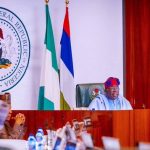





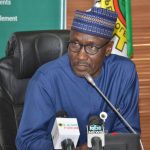







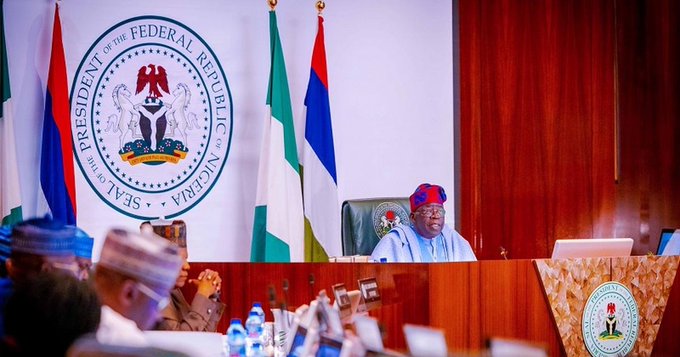


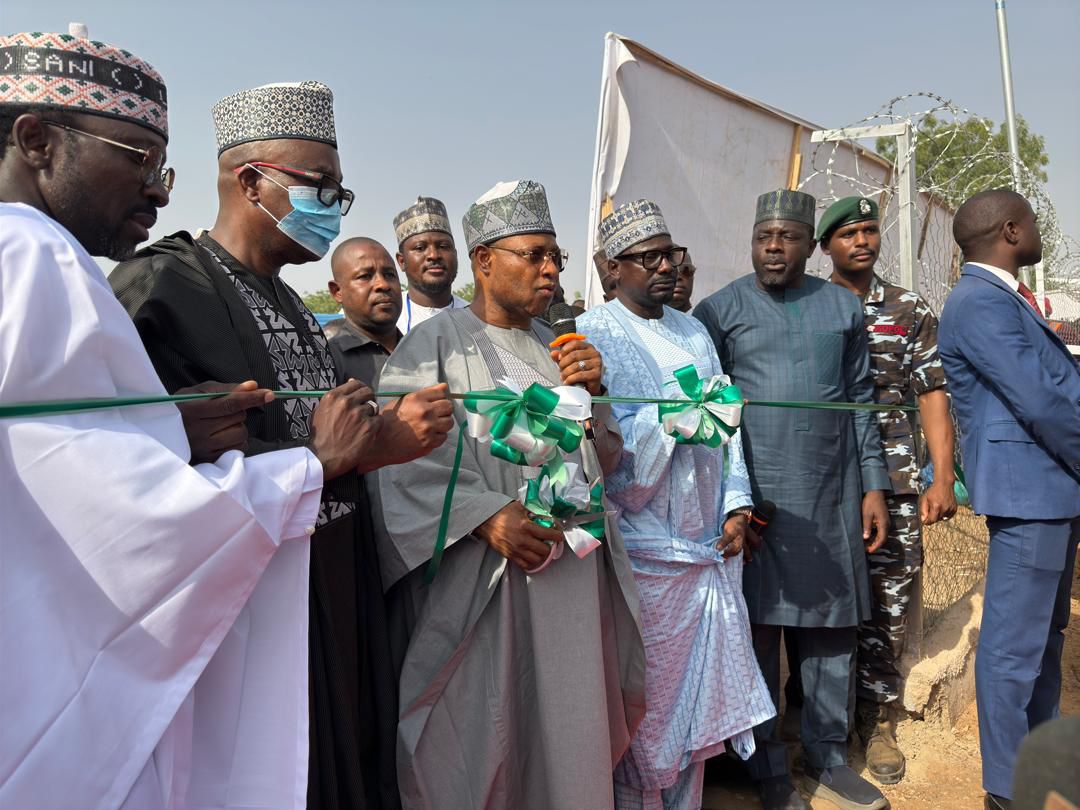










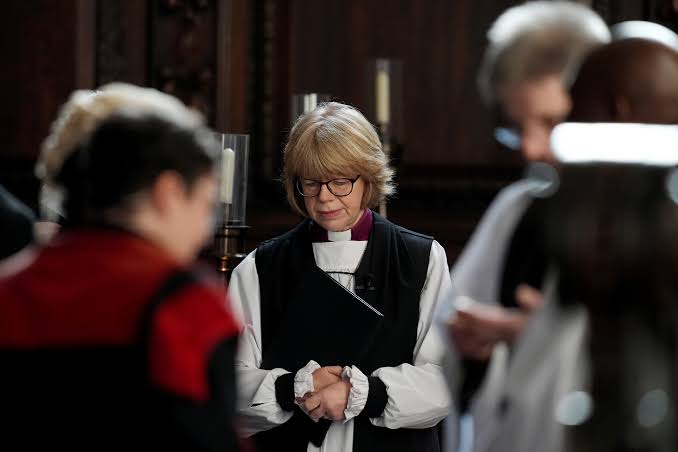


Leave a comment